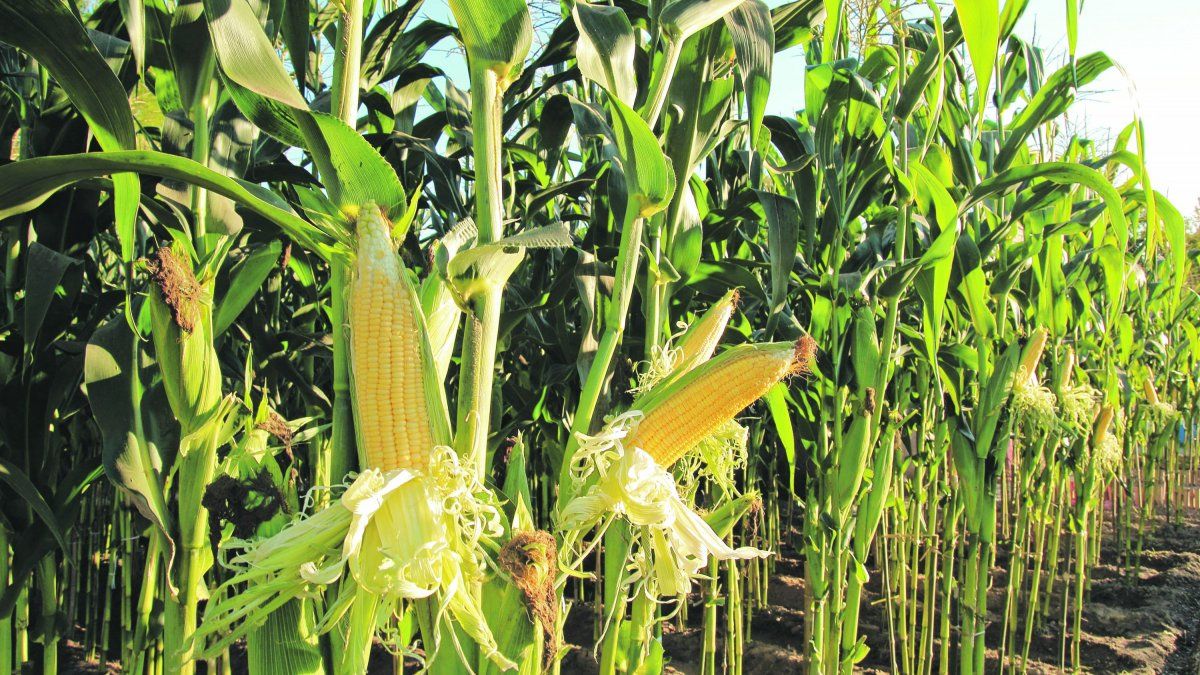The Rural Society of Rosario pointed out the Low impact of the fertilization plan announced a few weeks ago by the government in supposed favor of the agro. Furthermore, he denounced the complications generated to the sector from the taxes applied to fertilizers and for the difficulties to import.
Less than a month ago, the Minister of Economy, Sergio Massaannounced a series of measures with the objective of drive to the field and alleviate the effects of devaluation and the drought.
When announced, it was explained that the measure would be dedicated to the producers with up to 150 hectares of wheat in the 2022/23 campaign and who have been or continue to be in Agricultural Emergency. It was also explained that those who met these requirements would access the benefit of receiving up to 5 tons of urea as fertilizer by producer for crops wheat and corn.
Rejection of the Rural Society of Rosario
In a release titled “Pure Smoke”the Rural Society of Rosario pointed out the Low impact of the government’s measure and recalled the complications generated to the sector from the taxes applied to fertilizers and the difficulties to import.
They explained that only the 2.8% of wheat and corn production would be reached by this resolution. In this framework, they added that if the quantities of fertilizer used in Argentinawe are talking about a “annual consumption of US$3,000 million”hence “the government would be giving just 1% bonus“.
On the other hand, in the statement they indicated that “we must not forget that before this resolution he State taxed 7.5% the fertilizer import and that also has stuck resolutions of SIRA approval up to 90 days.” And they added that “This whole situation led to an increase of more than 18% of this input”.
The tax applied referred to in the statement is the one implemented by Decree No. 377/2023 which involved the Country tax extensionincorporating the import of phytosanitary products, fertilizers, agricultural equipment, parts and pieces for the construction of agricultural machinery and spare parts.
The import problem
In the statement they also highlighted the complications generated by delays to import and stock up on agricultural inputs. “This restriction on imports, In addition to affecting agribusiness, “puts at risk the normal development of agricultural production.”they denounced.
Regarding the panorama of the fertilizersdetailed that of the 5 million tons consumed annually in the country, the 60% are imported. In this framework, they affirmed that the obstacles to imports “are a key condition for the planting summer crops and the final score of the next campaign”.
Source: Ambito




